About AFDC Data Analysis Service
Today, accurate and timely data is the foundation of all informed decision-making in the development sector. Data management gives organizations, businesses, and NGOs implementing sustainable development projects a reliable foundation for making all critically important and time-sensitive choices. Another way that data management has a profound impact on project planning and execution is that it allows organizations to fine-tune their strategies, better allocate their resources, and optimize their project frameworks. AFDC Data Analysis service is an excellent “one-stop-solution” for organisations working in the field of sustainable development to easily build and access a robust data management framework. With a simple, intuitive design, AFDC lets implementing organizations focus on making better-informed decisions.


150+
60+
Trusted by experts
Client testimonials
Our Data Analysis Services
Collaborating for impactful evaluation and data analysis solutions.
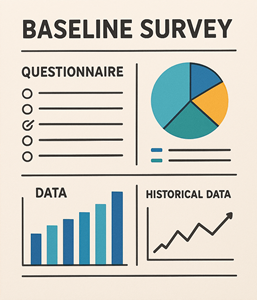

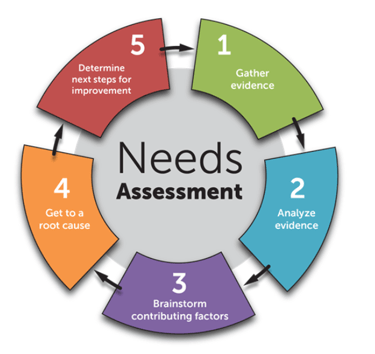

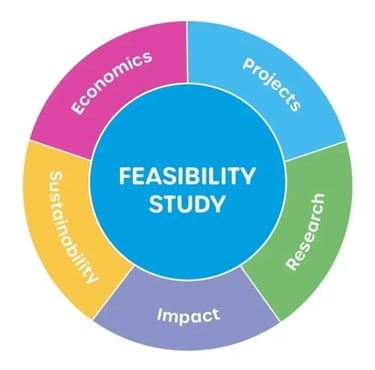

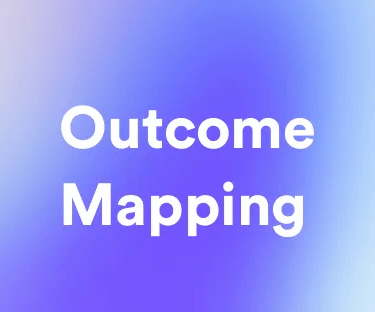

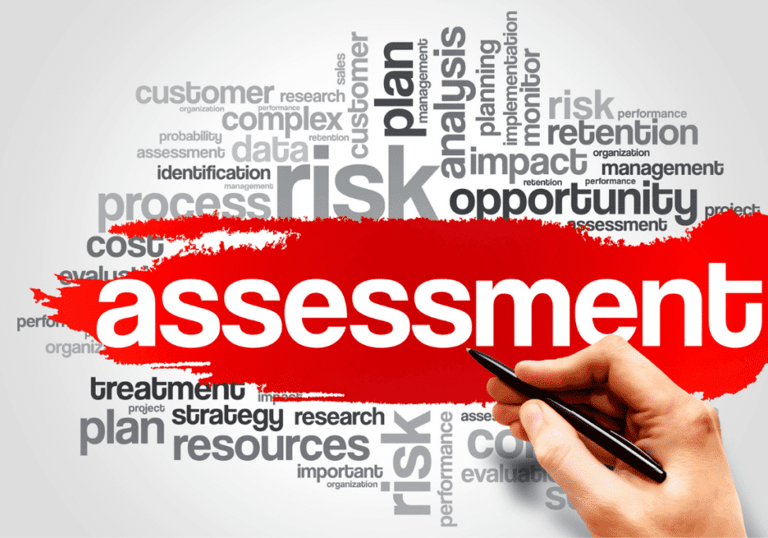

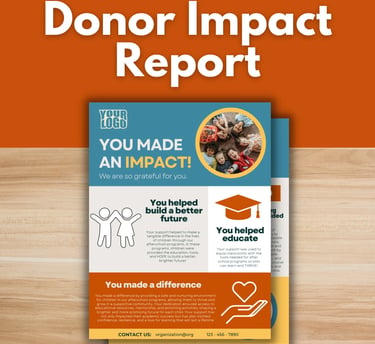

Baseline Surveys: Collecting initial data on community needs, demographics, and existing conditions to establish benchmarks for program interventions.
Needs Assessments: Identifying gaps in services, resources, and beneficiary requirements through data collection and analysis to prioritize NGO efforts.
Feasibility Studies: Evaluating the viability of proposed projects, including cost-benefit analysis, risk assessment, and potential impact on target populations.
Impact Evaluations: Measuring the outcomes and effectiveness of NGO programs using metrics like before-and-after comparisons and control groups.
Monitoring and Evaluation (M&E): Ongoing data tracking to assess program progress, adjust strategies, and ensure accountability to donors and stakeholders.
Report Writing: Compiling analytical findings into comprehensive reports with visualizations, insights, and recommendations for internal and external use.
Donor Reporting: Generating data-driven reports on fund utilization, achievements, and challenges to meet donor compliance and transparency requirements.
Beneficiary Profiling: Analyzing demographic and socioeconomic data to create profiles that inform targeted service delivery and personalization.
Resource Allocation Optimization: Using data models to efficiently distribute budgets, staff, and materials across multiple NGO initiatives.
Risk Assessments: Identifying potential threats to projects, such as environmental factors or political instability, through predictive analytics.
Stakeholder Mapping: Analyzing relationships and influences among partners, communities, and governments to enhance collaboration.
Outcome Mapping: Tracking changes in behavior, relationships, and activities resulting from NGO interventions.
Sustainability Analysis: Assessing long-term viability of programs, including environmental and financial sustainability metrics.
Capacity Building Assessments: Evaluating the skills and infrastructure needs of local partners or staff for training programs.
Grant Proposal Support: Providing data evidence on needs and projected impacts to strengthen funding applications.
Advocacy Data Support: Compiling statistics and trends to back policy campaigns and public awareness efforts.
Volunteer and Staff Performance Analytics: Monitoring engagement, productivity, and retention through KPI tracking.
Environmental Impact Studies: Analyzing the ecological footprint of NGO activities, such as conservation projects.
Crisis Response Data Analysis: Rapid assessment of disaster-affected areas to guide relief distribution and recovery planning.
Longitudinal Studies: Conducting extended data tracking on beneficiaries to evaluate enduring effects of NGO support over time.